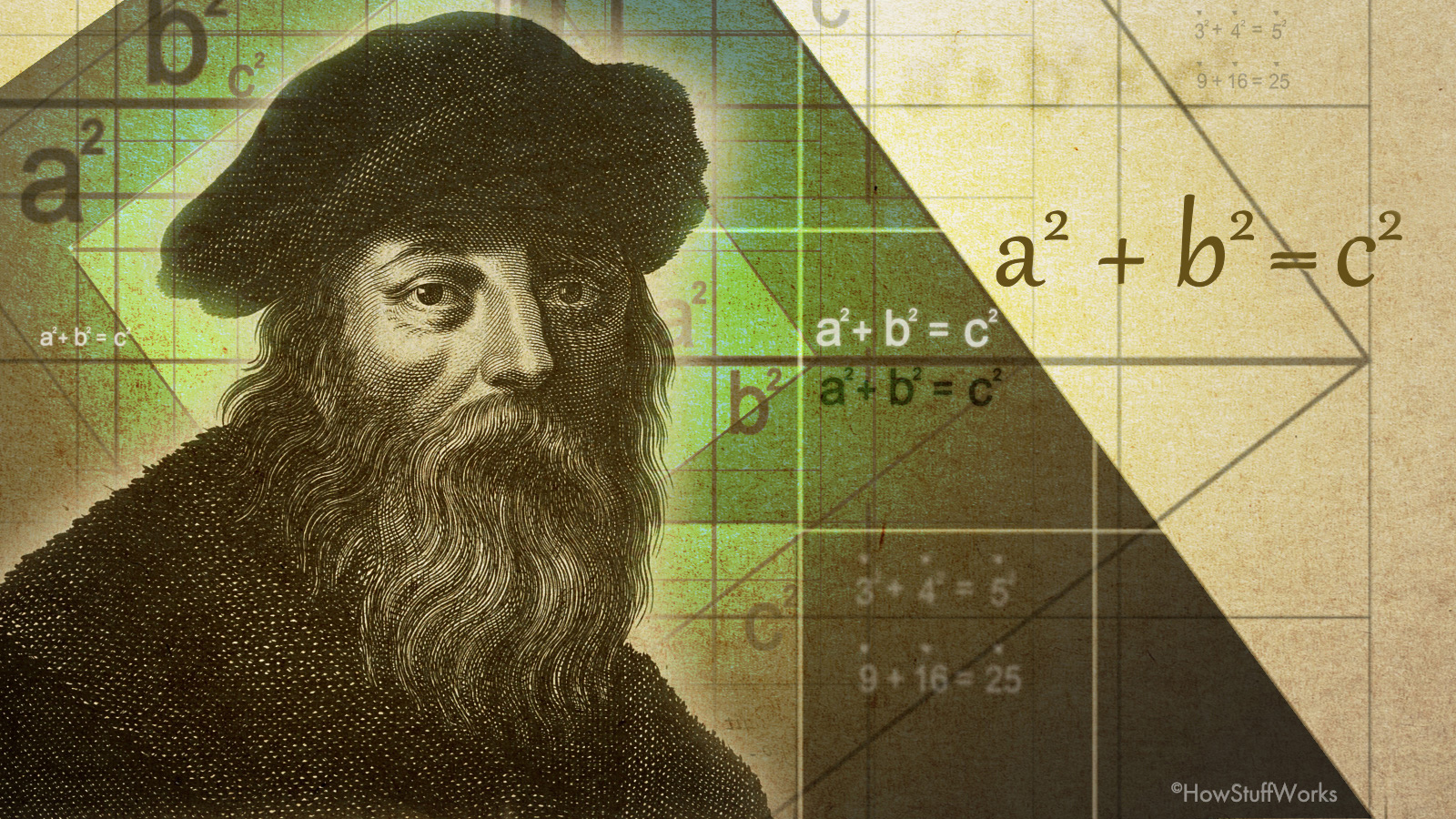
この頃の私の数学に対する態度は、「数学の研究」と名付けられた論文に表われている。これは1907年に「The New Quarterly」誌 に発表され、また、(私の)『 Philosophical Essays(哲学論文集)』(1910年刊)に再録された。この論文集からの(以下の)いくつかの引用が、当時私の感じていたことを例証している。
=============================
数学は、正しく見れば、真理を持つだけでなく、最高の美を持っている。その美は、彫刻の美のように、冷たく簡素な(禁欲的な)美であり、我々(人間)の本性の弱い部分に訴えることなく、絵画や音楽のような立派な装飾を持たず、しかるに(yet)この上なく純粋で ただ最高の芸術のみが示すことができるような厳しい完全性を持ちうるのである。喜びの真の精神、 精神の高揚、人間以上のものであるという感じは、- これこそ最高の卓越性の証拠であり- 詩の中においてと同様に確実に(as surely as)、数学の中に見出すことができる。数学における最上のものは、単に課題として学ぶ価値があるだけでなく、日常的な思考の一部として吸収され(同化され)、繰り返し繰り返しそれを心に思うことによって、常に新たな励ましをもたらしてくれる。 実生活(real life )は大多数の人にとって長期にわたる次善のもの( a long second-best)であり、理想と可能との間における絶えざる妥協(の産物)である。しかし、純粋理性の世界は妥協を知らず,実際上の制限を知らず、 全て偉大な作品が生まれいづる(ところの)完全なものへの熱情的な憧憬を見事な建造物に具体化(具現化)する創造的活動を妨げる何ものをも知らない(のである)。人間の情念から遠く離れ、自然の事実からさえも遠く離れ、 幾世代もの人々が、一つの秩序ある宇宙を造り出してきた(きている)。 そこには純粋な思考がその自然の住処(すみか:s in its natural home)を見出すことができ、我々(人間)の持つ高貴な衝動の少なくとも一つが、現実世界の悲惨な流浪(he dreary exile of the actual world.)から逃れることができるのである。
非人間的なるものについての熟考(沈思黙考)、我々の精神によって作り出されたものではない材料をとり扱うことができるという発見、とりわけ、美が(人間の)内的世界に属するように外的世界にも属していると理解する(悟る)ことは、外的な力がほぼ全能(the all-but omnipotence of alien forces)であるのを認めることからあまりにもしばしば生ずる、あのおそるべき無力感、虚弱感、敵意ある諸力の中に追放されているという意識を克服するための主な手段である。運命の支配に対して -運命の支配というのは、(上述の)諸力を単に文学的に擬人化(personification)したものにすぎない- おごそかな美を展示して我々と和解させることは、悲劇の任務とするところである。しかし、数学は人間的なるものからさらに一層我々を引き離し、現実世界のみならずあらゆる可能世界が従わなければならない(ところの)絶対的必然性の領域に我々を連れてゆく。そして まさにこの所に、数学はその住みかを建てる、あるいはむしろ、永遠の昔から立っている住みかを見出す のであり、そこでは我々の理想は完全に満たされ、我々の最上の希望は阻止されないのである。
あまりにもしばしば次のように主張さされる。即ち、絶対的真理は存在せず、ただ意見と私的判断のみが存在するとか、我々は全て、世界の見方において、我々自身の個人的特質や趣味や偏見によって条件づけられているとか、忍耐や訓練によって最後には入ることできるところの外にある真理の王国なるものは存在せず、ただ私にとっての真理やあなたにとっての真理、つまり個々人にとっての真理のみが存在するとか(しばしば主張される)。しかし、このような精神的習慣によって、人間の努力の主要な目的の一つは否定され、 公平無私(candour)、即ち、現実のあるがままを恐れを抱かず認めるという最高の美徳(最高善)は、我々の道徳的視野から消えてしまう(のである)。
悪と苦悩に満ちた世界において、いかに高貴であるにせよ常に少数の者にしか与えられない喜びを享受するために、観想という宗教的避難所(cloister)に隠れ住むことは、正義が全く役割を果たさない偶然の出来事によって他の人々に課せられている重荷を共有することをいくらか利己的に拒んでいるようにしか見えない(cannot but appear as)。我々は問う、 現在の諸悪から身を引き、同胞を見すてて助けず、自らは労多く厳しき生とは言え、明らかにそれ自体において良い暮らしを送る権利を我々は持っているのであろうか?
===========================
これら全てのことは、それを信ずる喜びを私は今もなおありありと覚えているが、私には (今では)ほとんど無意味であると思われるようになっている。それは一部には専門的(学問的)理由からであり、一部は世界に対する私の一般的な見方の変化のゆえである。数学はその主題において非人間的なものだとは私には思われなくなった。私は、大変不本意ながら数学はトートロジー(同語反復/恒真命題)で成り立っていると信ずるにいたった。 十分な知力を持つ精神にとっては、数学全体がありふれたつまらないこと、たとえば「四足獣は獣である」 (訳注:同語反復の例)という陳述のようないつまらないものに思われるであろう。数学の無時間性(訳注:数学は時間の流れに影響を受けない永遠の真理であるという性質)は、かつての私に そう見えたような崇高さ(sublimity)を決して持たず、純粋数学が時間について語るところがないということにすぎない、と私は考える。私はもはや数学的真理の観想の中にいかなる神秘主義的満足をも見出すことはできない(のである)。
Chapter 17: Retreat from Pythagoras ,n.3
My attitude to mathematics at this time was expressed in an article called ‘The Study of Mathematics’, which was printed in The New Quarterly in 1907, and reprinted in Philosophical Essays (1910). Some quotations from this essay illustrate what I then felt: Mathematics, rightly viewed, possesses not only truth, but supreme beauty — a beauty cold and austere, like that of sculpture, without appeal to any part of our weaker nature, without the gorgeous trappings of painting or music, yet sublimely pure, and capable of a stern perfection such as only the greatest art can show. The true spirit of delight, the exaltation, the sense of being more than man, which is the touchstone of the highest excellence, is to be found in mathematics as surely as in poetry. What is best in mathematics deserves not merely to be learnt as a task, but to be assimilated as a part of daily thought, and brought again and again before the mind with ever-renewed encouragement. Real life is, to most men, a long second-best, a perpetual compromise between the ideal and the possible; but the world of pure reason knows no compromise, no practical limitations, no barrier to the creative activity embodying in splendid edifices the passionate aspiration after the perfect from which all great work springs. Remote from human passions, remote even from the pitiful facts of nature, the generations have gradually created an ordered cosmos, where pure thought can dwell as in its natural home, and where one, at least, of our nobler impulses can escape from the dreary exile of the actual world. The contemplation of what is non-human, the discovery that our minds are capable of dealing with material not created by them, above all, the realization that beauty belongs to the outer world as to the inner, are the chief means of overcoming the terrible sense of impotence, of weakness, of exile amid hostile powers, which is too apt to result from acknowledging the all-but omnipotence of alien forces. To reconcile us, by the exhibition of its awful beauty, to the reign of Fate — which is merely the literary personification of these forces — is the task of tragedy. But mathematics takes us still further from what is human, into the region of absolute necessity, to which not only the actual world, but every possible world must conform; and even here it builds a habitation, or rather finds a habitation eternally standing, where our ideals are fully satisfied and our best hopes are not thwarted. Too often it is said that there is no absolute truth but only opinion and private judgment; that each of us is conditioned, in his view of the world, by his own peculiarities, his own taste and bias; that there is no external kingdom of truth to which, by patience, by discipline, we may at last obtain admittance, but only truth for me, for you, for every separate person. By this habit of mind one of the chief ends of human effort is denied, and the supreme virtue of candour, of fearless acknowledgment of what is, disappears from our moral vision. In a world so full of evil and suffering, retirement into the cloister of contemplation, to the enjoyment of delights which, however noble, must always be for the few only, cannot but appear as a somewhat selfish refusal to share the burden imposed upon others by accidents in which justice plays no part. Have any of us the right, we ask, to withdraw from present evils, to leave our fellowmen unaided, while we live a life which, though arduous and austere, is yet plainly good in its own nature? All this, though I still remember the pleasure of believing it, has come to seem to me largely nonsense, partly for technical reasons and partly from a change in my general outlook upon the world. Mathematics has ceased to seem to me non-human in its subject-matter. I have come to believe, though very reluctantly, that it consists of tautologies. I fear that, to a mind of sufficient intellectual power, the whole of mathematics would appear trivial, as trivial as the statement that a four-footed animal is an animal. I think that the timelessness of mathematics has none of the sublimity that it once seemed to me to have, but consists merely in the fact that the pure mathematician is not talking about time. I cannot any longer find any mystical satisfaction in the contemplation of mathematical truth.
Source: My Philosophical Development, 1959, by Bertrand Russell
More info.: https://russell-j.com/beginner//BR_MPD_17-030.HTM




